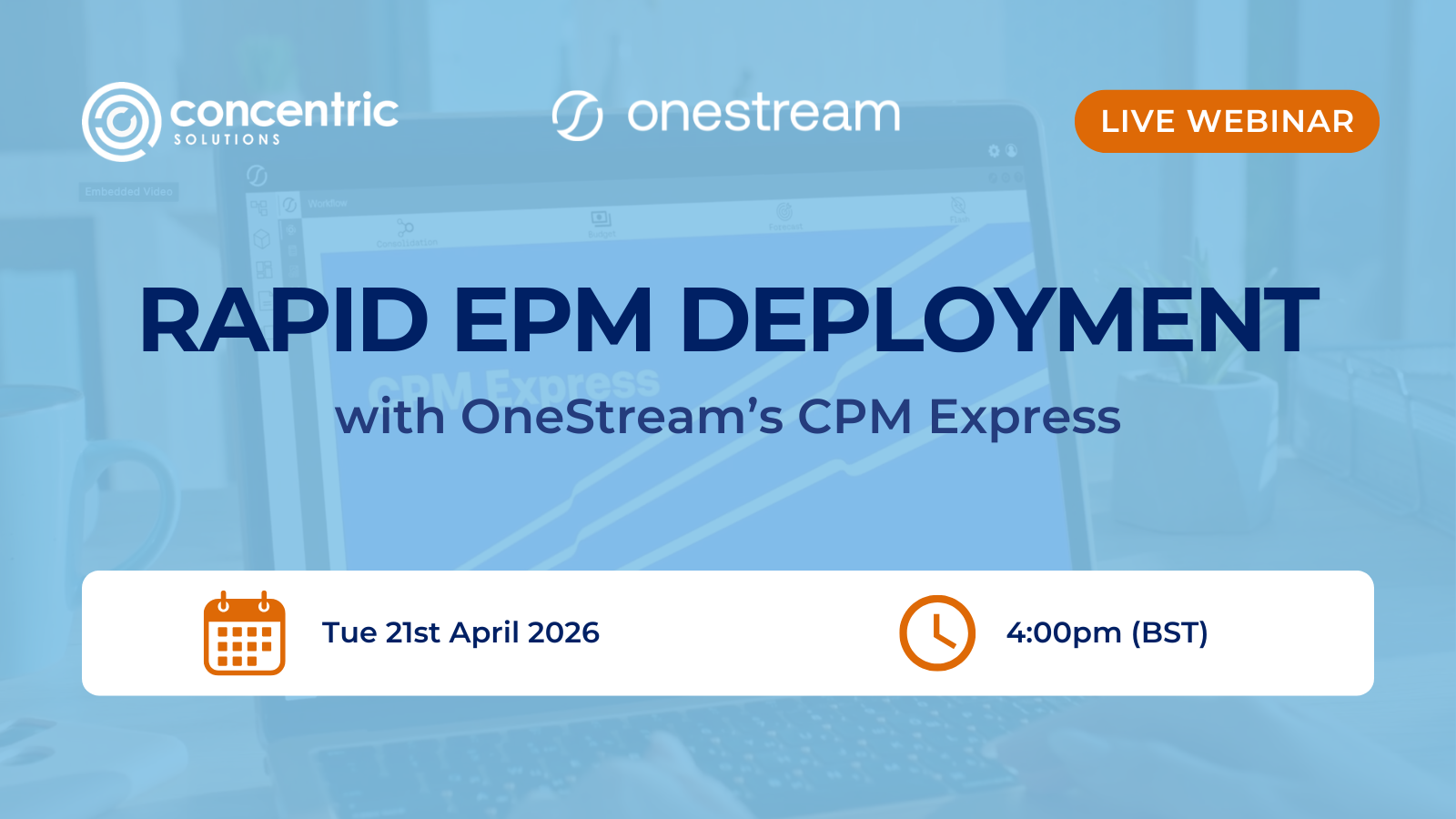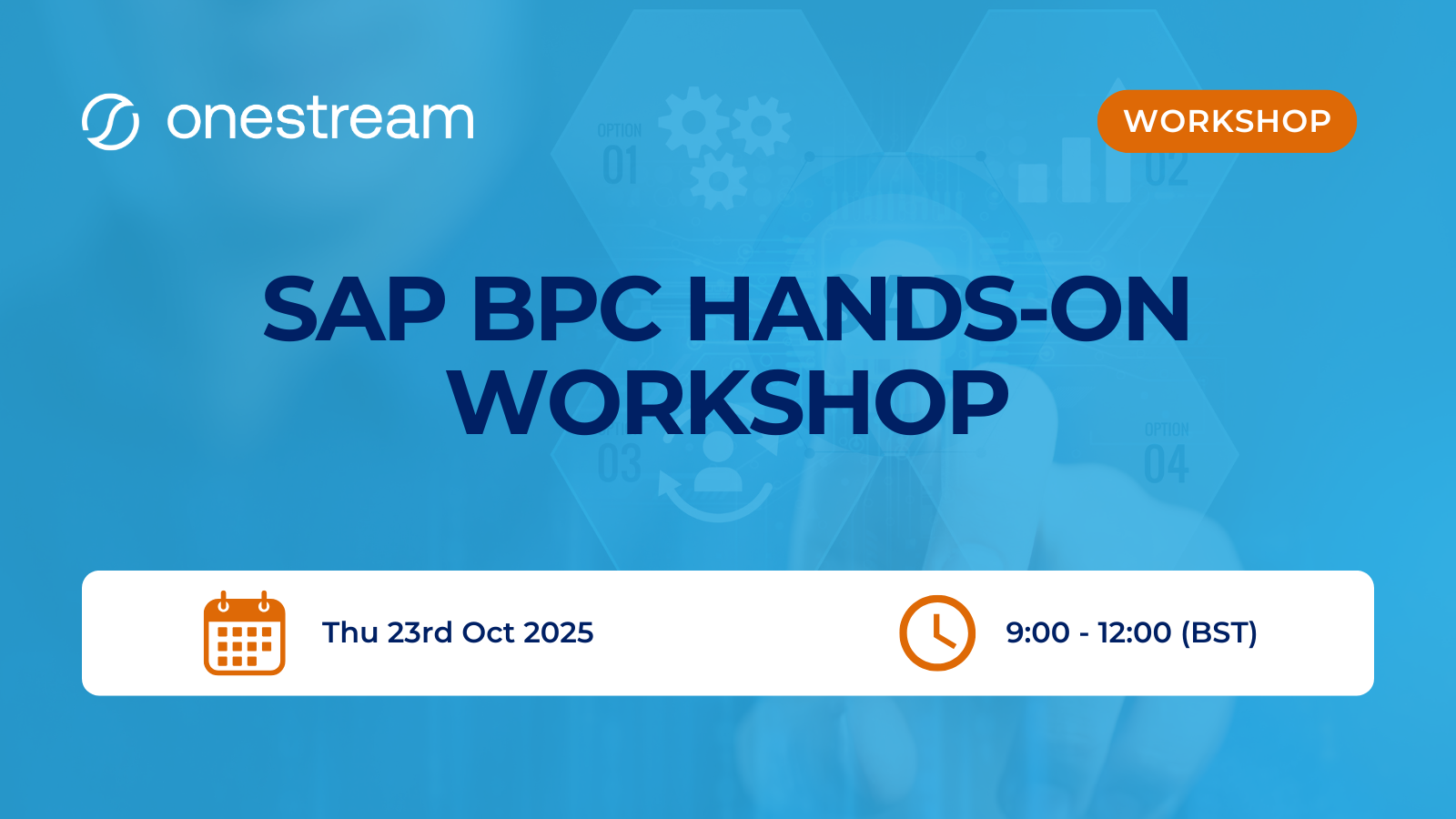
Solve common challenges in account reconciliations
Never underestimate the importance of timely and accurate account reconciliations in the financial close.
Account reconciliations are vital to ensuring the integrity of financial reporting. Yet many organisations struggle to incorporate a structured and efficient reconciliation process into their regular close cycle. In this article, we explore some of the common challenges with account reconciliations, what does best practice look like and how can technology act as an enabler...
What is an account reconciliation?
The account reconciliation process involves comparing two-sets of records to ensure there is agreement. For example, an Accounts Payable General Ledger account should be in balance with the Accounts Payable subledger. Cash accounts should be substantiated by Bank Statements and Prepayment accounts might be supported by the relevant calculation schedules and source documents. The scope is often limited to Balance Sheet accounts but not always. Consider a retailer that uses electronic point-of-sale systems and replicates transactions into their core General Ledger application. How can they verify all postings have occurred accurately, and reported revenue is correct, unless a reconciliation between the two systems is performed?
Common challenges in account reconciliations
Manual effort. Reconciliations are often Excel-based documents stored in shared folders. Depending on the number of entities and reconciliations it can prove challenging to review reconciliations efficiently.
Verifying completeness. Every account should be reconciled or substantiated in some way but verifying this can be more difficult than you might anticipate. An organisation with multiple General Ledger systems and global operations with different accounting practices can find it extremely difficult to validate that all local accounts have been reconciled and reviewed.
Ensuring Accuracy. Validating the correct closing balance has been reconciled and ensuring that the reconciliation substantiates and explains the balance (as opposed to a transaction listing which sums up to the closing balance) can be difficult where local processes and reconciliation templates are different.
Timeliness. Because of the associated challenges noted many organisations find reconciliations don’t occur with the accuracy or frequency they desire. In periods where there is time-pressure on finance team they can often be performed after results are reported or even overlooked entirely.
Best practices for managing account reconciliations
Develop common standards. Create a shared set of standards for reconciliations, use common templates where possible and develop a centralised store for all completed reconciliations, supporting documentation and reporting.
Adopt a risk-based approach. Group your reconciliations by risk ensuring those which are likely to contain material errors are given priority at both preparation and review stages. Automate low-risk and low-value reconciliations where possible.
Ensure segregation of duties. Reconciliations should be prepared, reviewed and approved by separate individuals. It should be clear to a third-party, such as an auditor, who performed each of these steps and when.
Increase Visibility. Monitor the effectiveness of your reconciliations process. Which reconciliations are causing the most issues? How old are some of the reconciling items? Is anybody struggling to provide reconciliations in a timely and accurate manner?
Leverage best-in-class technology. Use technology to unlock the benefits of automation, centralised storage of documents and a governed, auditable workflow process.
OneStream's account reconciliations capabilities
OneStream's Account Reconciliations App is available via the Marketplace on the Solution Exchange. Many customers have replaced Excel-based processes or point solutions such as Blackline and Trintech with the solution.
The capabilities of the OneStream Accounts Reconciliation solution include:
- Workflow process for preparers, reviewers and approvers
- Process tracking and overview dashboards for complete visibility
- Create auto-reconciliations to automate account reconciliations
- Item aging with import and carry forward capability
- Load subledger detail for reconciliation of control accounts
- Centralised store for all supporting documentation, comments and actions.
RapidRecs - A pre-packaged approach to account reconciliations
Concentric Solutions has developed a fast-track solution for account reconciliations which includes a base financial model with workflow, a pre-configured OneStream account reconciliations solution and a complementary risk-based Reconciliation Reporting Suite. Designed to help you leverage account reconciliation best practices as quickly as possible. RapidRecs is available as a fixed-scope, fixed-price implementation.
Why not arrange a no-obligation call with one of our experts to discuss how we could help harmonise your Account Reconciliations. Contact us on +44 (0)1782 218 270 or send us a message.
Solutions
Services
Company
Contact Us
Innovation Centre 7
Keele Science Park,
Keele, Staffordshire ST5 5NL
+44 (0)203 411 0140
info@concentricsolutions.com


